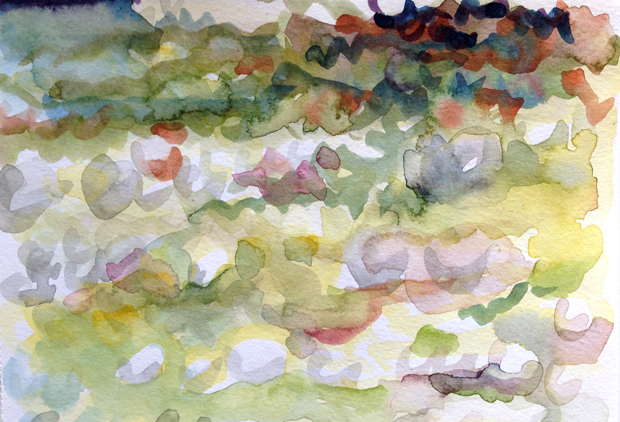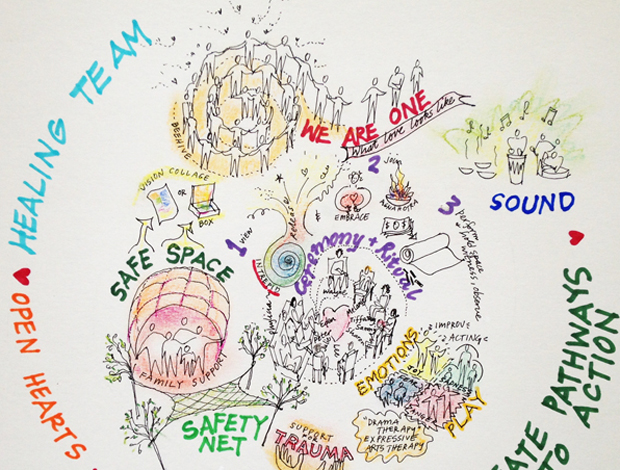I’m feeling resistance to delving further into this topic of the shadow. It demands honesty and strips off masks. With nothing to hide behind, I tell myself it’s too hard or it’s all been said before. What can I possibly add to the conversation? And yet this resistance itself is a perfect invitation, a dare to keep going. Shadow is not only a repository of shame and evil. It’s a treasure house of insight for those with the courage to look.
As slippery and tricky as the shadow is to pin down, we encounter it daily just by living life. Whatever shows up to block my way, to challenge and frighten me—that’s showing me my shadow. When a person or situation brings up strong emotion—especially aversion, fear, anger, or shame—that’s revealing something deeply buried. Either I know about it and thought it was safely under lock and key, or it’s been so long ignored, denied, or unacknowledged, I’m taken by surprise. Being blindsided happens less often now, but it does happen. Continue reading








